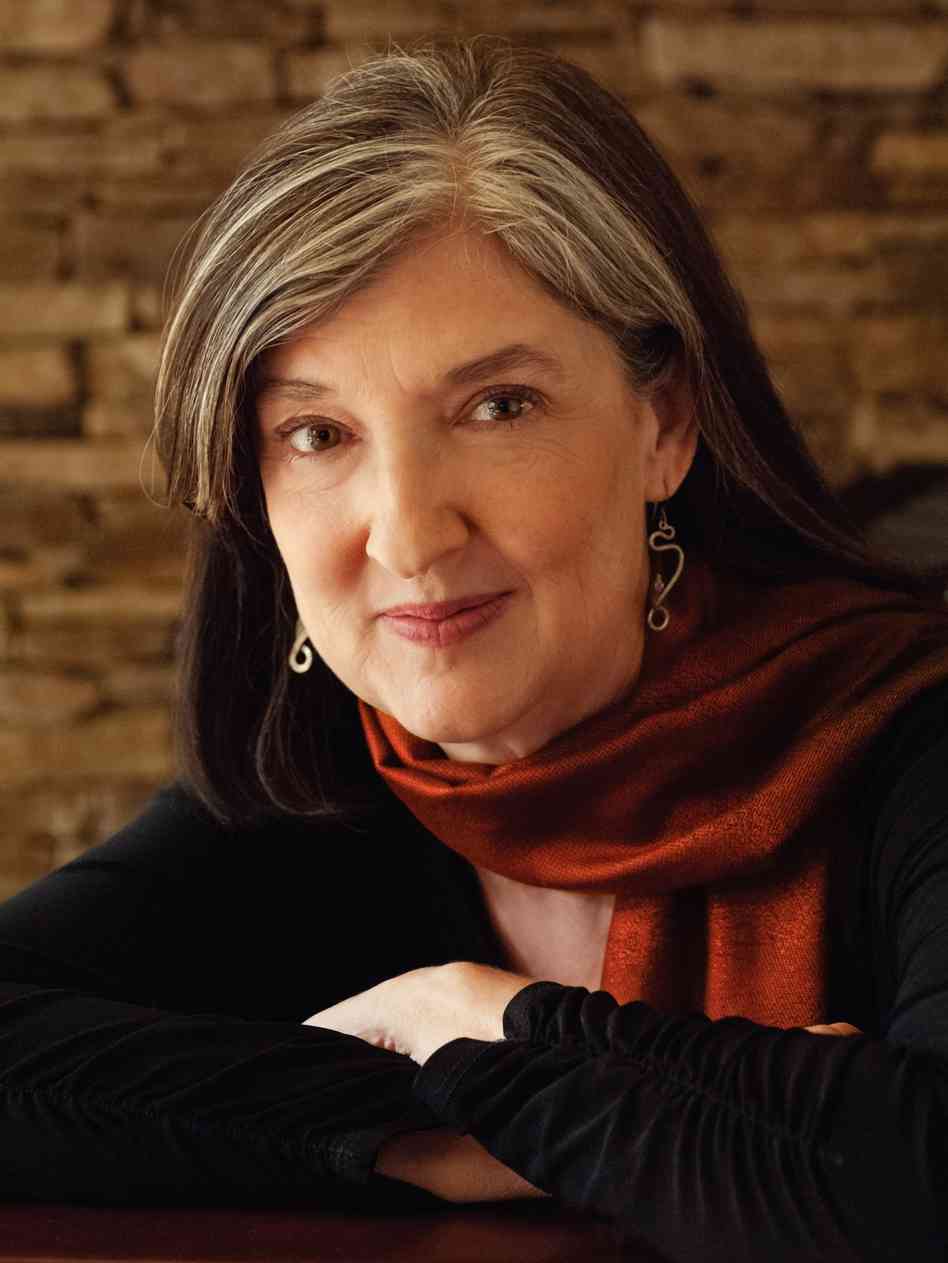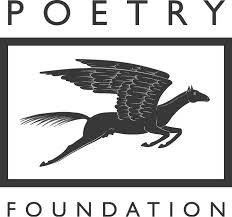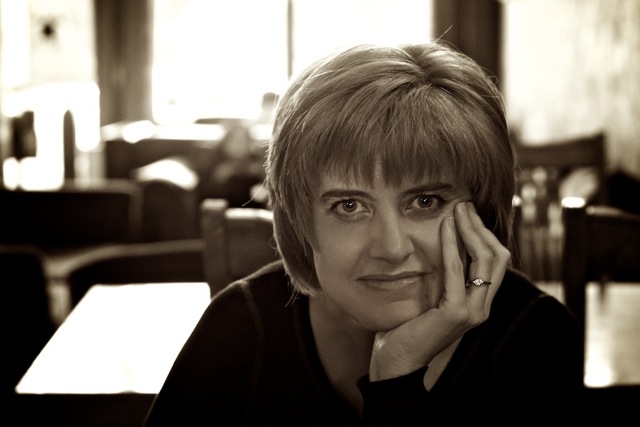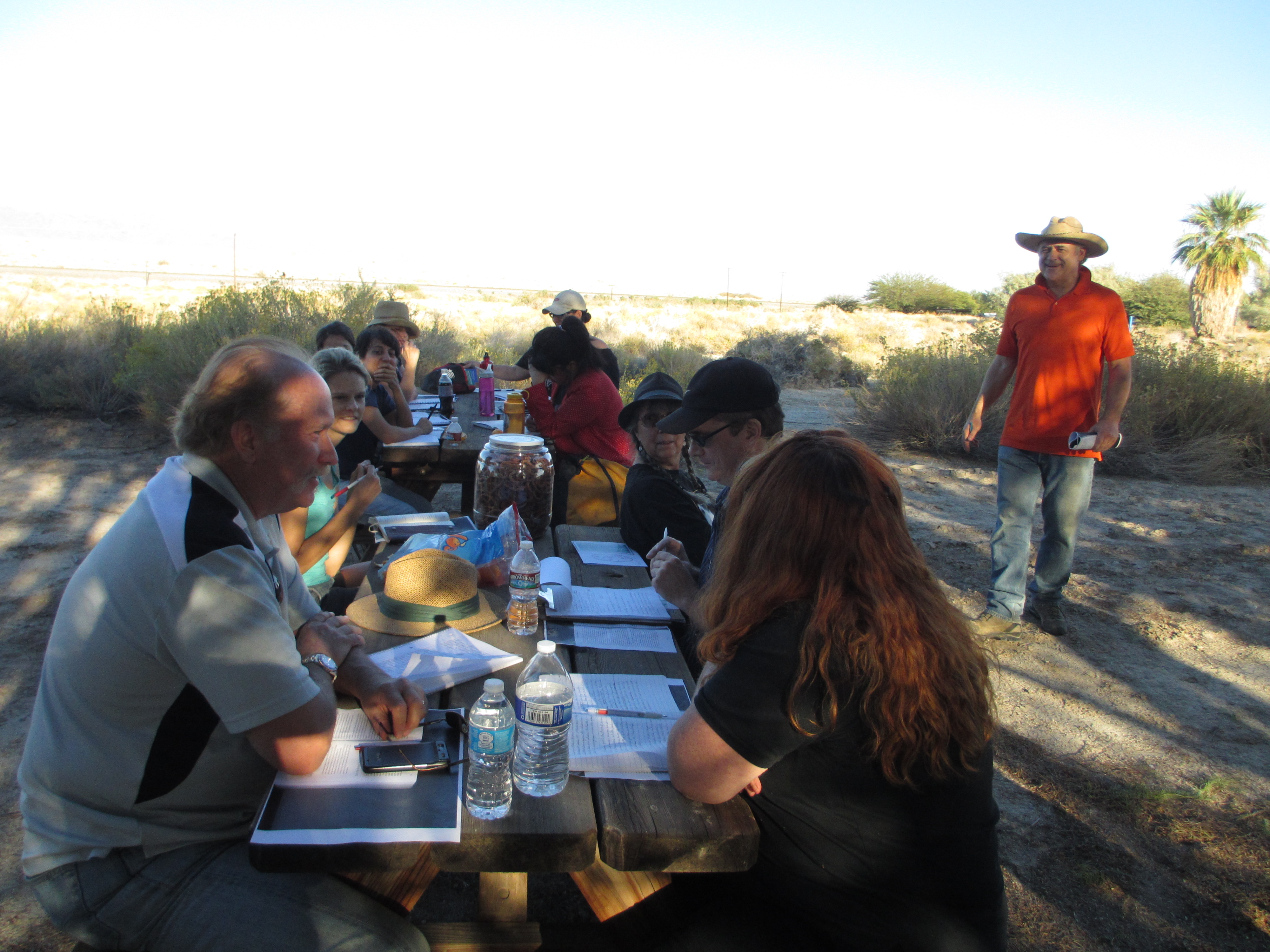PEN Extends Bellwether Novel Prize Deadline
PEN American Center has extended the deadline for the 2014 PEN/Bellwether Prize for Socially Engaged Fiction, a biennial award of $25,000 given for an unpublished novel that “addresses issues of social justice and the impact of culture and politics on human relationships.” The new deadline is January 15.
U.S. writers who have had at least four publications (including single short stories or essays) are eligible. If a writer has previously published a book, it must not have sold more than 10,000 copies. Using the online submission system, writers may submit a manuscript of at least 80,000 words with a résumé or curriculum vitae and a $25 entry fee. Eligible manuscripts may not be under consideration by a publisher.
 Sponsored by the New York City–based literary advocacy and social justice organization PEN American Center, the Bellwether Prize was established in 2000 by novelist, essayist, and poet Barbara Kingsolver, who also funds the prize. Kingsolver is the author of fourteen books, including The Poisonwood Bible (Harper, 1998) and most recently, Flight Behavior (HarperCollins, 2012). In addition to the cash prize, the winner of the Bellwether Prize also receives a publishing contract with Algonquin Books. The winning manuscript will be chosen by a panel of three judges, including one editor representing Algonquin and two distinguished literary authors selected by PEN’s Literary Awards Committee in consultation with Barbara Kingsolver. The prize will be presented at PEN’s annual Literary Awards Ceremony in New York City in the fall of 2014.
Sponsored by the New York City–based literary advocacy and social justice organization PEN American Center, the Bellwether Prize was established in 2000 by novelist, essayist, and poet Barbara Kingsolver, who also funds the prize. Kingsolver is the author of fourteen books, including The Poisonwood Bible (Harper, 1998) and most recently, Flight Behavior (HarperCollins, 2012). In addition to the cash prize, the winner of the Bellwether Prize also receives a publishing contract with Algonquin Books. The winning manuscript will be chosen by a panel of three judges, including one editor representing Algonquin and two distinguished literary authors selected by PEN’s Literary Awards Committee in consultation with Barbara Kingsolver. The prize will be presented at PEN’s annual Literary Awards Ceremony in New York City in the fall of 2014.
Past Winners of the prize include Donna Gershten in 2000 for Kissing the Virgin’s Mouth (HarperCollins), Gayle Brandeis in 2002 for The Book of Dead Birds (HarperCollins), Marjorie Kowalski Cole in 2004 for Correcting the Landscape (HarperCollins), Hillary Jordan in 2006 for Mudbound (Algonquin Books), Heidi W. Durrow in 2008 for The Girl Who Fell From the Sky (Algonquin Books), Naomi Benaron in 2010 for Running the Rift (Algonquin Books), and Susan Nussbaum in 2012 for Good Kings Bad Kings (Algonquin Books).
Visit the PEN American Center website for complete guidelines.
Photo credit: David Wood





 “This must be one of the great historical moments for poetry, as there are so many thriving poetry presses, reading series, and astonishing new poems,” said Poetry Foundation president
“This must be one of the great historical moments for poetry, as there are so many thriving poetry presses, reading series, and astonishing new poems,” said Poetry Foundation president  What average community college students may lack in literary experience, they more than make up for in curiosity and unpretentiousness. They’re less likely to know who is "famous" (and therefore supposedly more worthy of their attention). They’re less entrenched in parochial notions about genre and form, and are more likely to ask questions that are really on their minds.
What average community college students may lack in literary experience, they more than make up for in curiosity and unpretentiousness. They’re less likely to know who is "famous" (and therefore supposedly more worthy of their attention). They’re less entrenched in parochial notions about genre and form, and are more likely to ask questions that are really on their minds. The shores of California’s Salton Sea—a vast lake created when the Colorado River flooded salt mines in the Imperial Valley a hundred years ago—are littered with fish carcasses. Small as a child’s fist or large as a dinner plate, still shimmering with scales or dried to Halloweenish skeletons by the desert sun, they are a reminder of how delicate ecosystems are. The Salton Sea was a thriving resort community in the 1950s and ‘60s, but because it lacks a natural outlet, fertilizer runoff from nearby farms makes the water increasingly inhospitable.
The shores of California’s Salton Sea—a vast lake created when the Colorado River flooded salt mines in the Imperial Valley a hundred years ago—are littered with fish carcasses. Small as a child’s fist or large as a dinner plate, still shimmering with scales or dried to Halloweenish skeletons by the desert sun, they are a reminder of how delicate ecosystems are. The Salton Sea was a thriving resort community in the 1950s and ‘60s, but because it lacks a natural outlet, fertilizer runoff from nearby farms makes the water increasingly inhospitable.  It all began when Brandi M. Spaethe, an intern in P&W’s California office, took a road trip and fell in love with the odd, harsh beauty of the Salton Sea. She began wondering if other writers would be similarly inspired, and if locals might benefit from a literary event in an area that was hardly on many publishers’ book tours. She teamed up with Nolan, editor of the desert anthology
It all began when Brandi M. Spaethe, an intern in P&W’s California office, took a road trip and fell in love with the odd, harsh beauty of the Salton Sea. She began wondering if other writers would be similarly inspired, and if locals might benefit from a literary event in an area that was hardly on many publishers’ book tours. She teamed up with Nolan, editor of the desert anthology